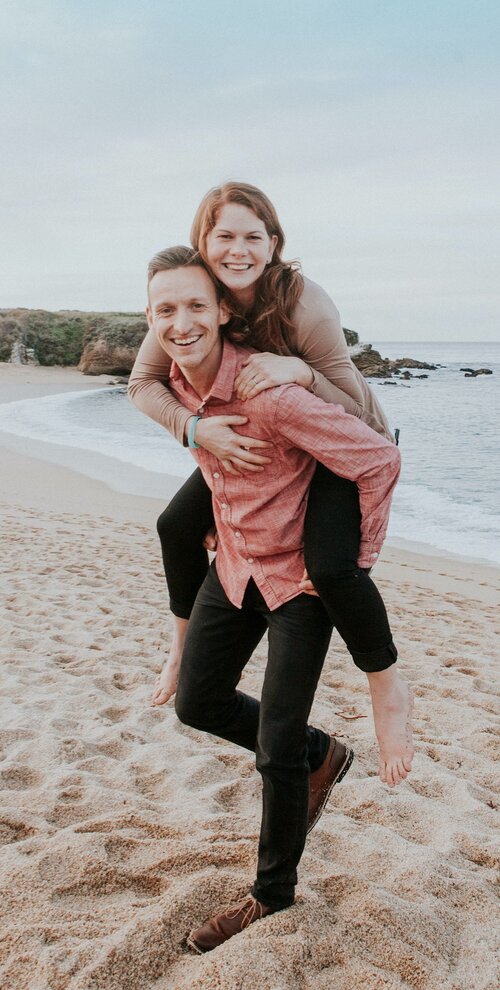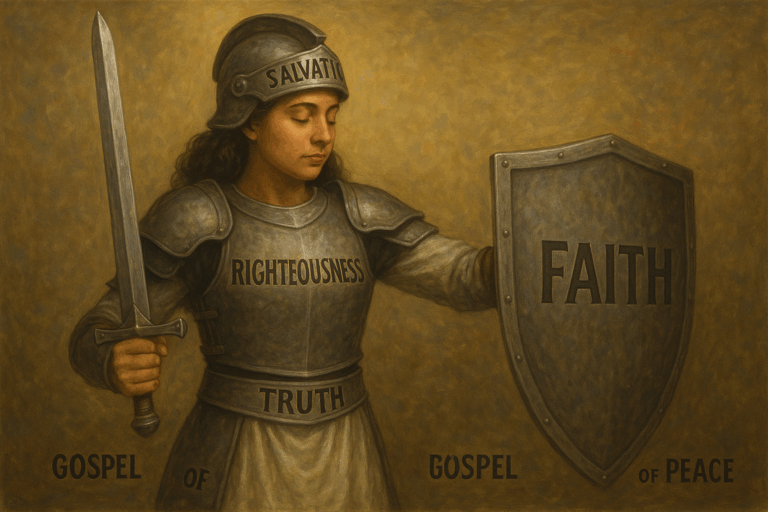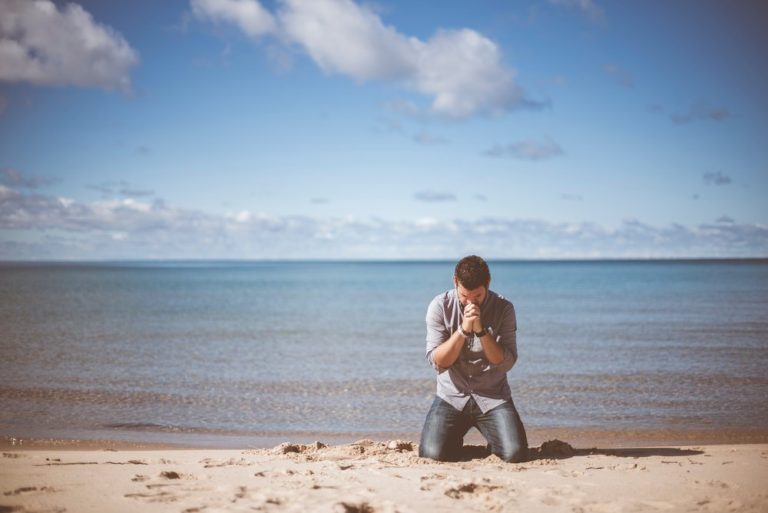Fearing the Unknown?
We all grapple with it at some level, don’t we? Fearing the unknown is described by some as the foundational fear that underlies all fears. It is defined as the tendency to be afraid of something you have no information about at any level.
Fearing the unknown is something we are all completely familiar with as a result of the pandemic. When the pandemic first hit, it was totally unknown, there was no accurate information, and no one knew what the implications might be. This describes the “fear of the unknown” perfectly.
Yet risk of the unknown is something we face daily. Will it rain today and should I carry an umbrella? I’m buying a gift for my friend but what if she hates it? This new position looks terrific but I’ve never done anything like this before.
Life is full of risks. What enables us to cope when making decisions in the face of these uncertainties is our ability to evaluate and weigh the potential costs and benefits of each risk. If the uncertainty feels manageable, then we feel good about our decisions. But if we don’t know what we’re risking, we can’t calculate the result of what giving up or gaining will mean and fear of the unknown or “xenophobia” sets in. Though this term has evolved to mean a fear of strangers or foreigners, it is in actually the fear of anything or anyone unfamiliar or unknown.
So, how can we overcome the fear of the unknown? Here are a few suggestions:
- Get more information. Removing the unknown as much as possible deflates this fear. If you are moving into a new area, research the area, read travel guides and tourist reviews, walk through Open Houses, and ask residents questions. Gathering information aids in decreasing your level of risk and the quantity of what is unknown.
- Analyze your circumstances. Identifying those things that you can and cannot control decreases uncertainty. Making a step-by- step plan focused on the things you can control helps. Often simply taking the next step, step by step, causes the fear of the unknown to dissipate in lieu of the certainty of previously known activities and actions.
- Create habits for good health and well-being. Resting, exercising, eating nutritiously, building good relationships, and fully engaging in the moment decreases the fear of unknown because it’s mental predominance lessens with every positive activity.
- Talk with a trusted friend or write in a private journal. Sometimes merely exposing these fears on paper or expressing them to a friend removes their power. Bringing hidden thoughts and feelings into the light, disarms their power.
- Examine your beliefs. Finally, rediscovering or reiterating the truths of your faith bring certainty in times of uncertainty and your unknown future. Recognizing the greatness of the Almighty power and the magnitude of the All-knowing understanding of our God reminds us that He is in control and can be trusted. When we reflect on His character, we find certainty and stability. Consider Pauls’ words as He describes who Jesus Christ truly is:
“He is the exact living image [the essential manifestation] of the unseen God [the visible representation of the invisible], the firstborn [the pre-eminent one, the sovereign, and the originator] of all creation.
“For by Him all things were created in heaven and on earth, [things] visible and invisible, whether thrones or dominions or rulers or authorities; all things were created and exist through Him [that is, by His activity] and for Him.
“And He Himself existed and is before all things, and in Him all things hold together. [His is the controlling, cohesive force of the universe.]
(Colossians 1:15-17 Amplified version defining the words in the original Greek text)
God is the God of all. He knows everything and in Him there is nothing unknown. If we belong to Him, we can trust Him. We can be at peace in the reality that He loves us enough to order our steps and guide our days today and every day until we meet Him face to face and receive His cherished embrace. Rest in Him today.








